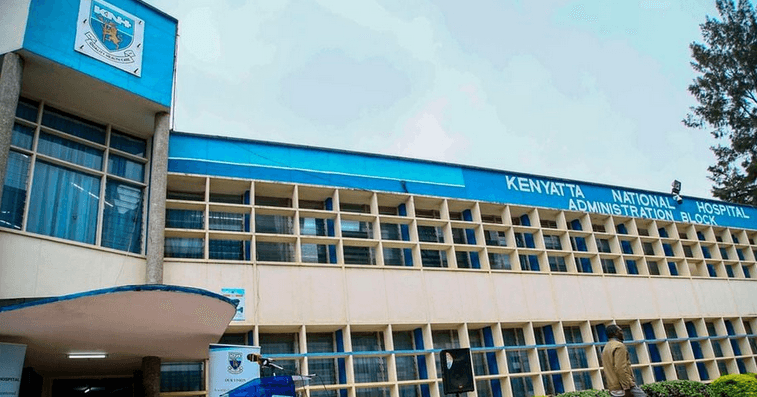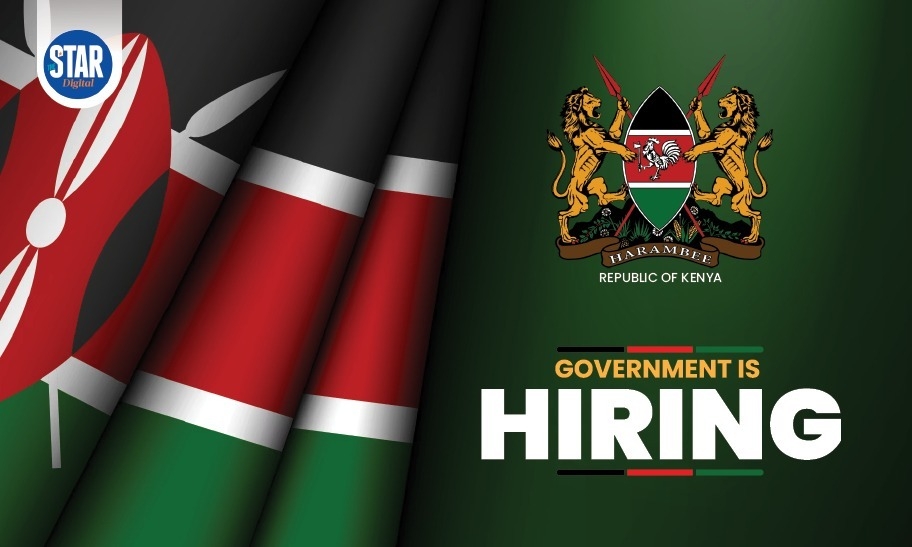Salaried Kenyans will continue to feel the pinch of deductions after Health Cabinet Secretary Susan Nakhumicha announced the new 2.75 per cent health fund monthly deduction will begin on March 1.
The deductions will cover for the new health insurance, under the Social Health Insurance Fund (Shif).
"Rais alinipatia directions. Sheria tumemaliza. Regulations tunamaliza jumatatu na mimi kwa mpango wangu ni kuanzia tarehe moja mwezi ya tatu, kila mkenya ambaye ako low level of income anaanza kulipa Sh300," she said.
This is loosely translated to, "The President gave me directions. The law is in place. We will conclude on the regulations on Monday and I plan that from March 1, every low-level income Kenyan will start paying Sh300".
She decried the number of patients stranded at the hospitals, saying there was a need for a solution, being the deductions on salaried Kenyans.
"The solution is for those of us who are salaried to give 2.75 per cent of our income to pay for those who cannot pay for themselves," Nakhumicha said.
The CS was addressing delegates during the Women Leadership Summit in Bungoma County on Saturday.
In an opinion piece in the Star, Nakhumicha said Shif is poised to replace the decades-old National Health Insurance Fund scrapping off corruption scandals that have led to the loss of billions in taxpayer-contributed funds.
"The new system is a response to the urgent need for accountability, a sentiment echoed by the government in its commitment to prudent spending and the prevention of pilferages," she said.
She added that the unemployed Kenyans, who were previously paying Sh500 per month to NHIF, will pay Sh300 in a graduated arrangement based on their ability to contribute.
"This progressive approach aims to bring equality and equity into healthcare provision," she said.
Nakhumicha also reiterated President William Ruto's plan for the government to cover those unable to afford the contributions.
She further explained that the new health insurance fund includes services such as screening, drug rehabilitation, mental health support, physiotherapy, CT scans, MRI and PET scans demonstrating the government's commitment to providing holistic healthcare coverage.
Other services include X-rays, brachytherapy, outpatient and inpatient services, HIV testing, cancer screening, family planning, maternal and child clinics, surgeries, emergencies, ambulance services, cardiac arrest, accidents and even transplant procedures.












